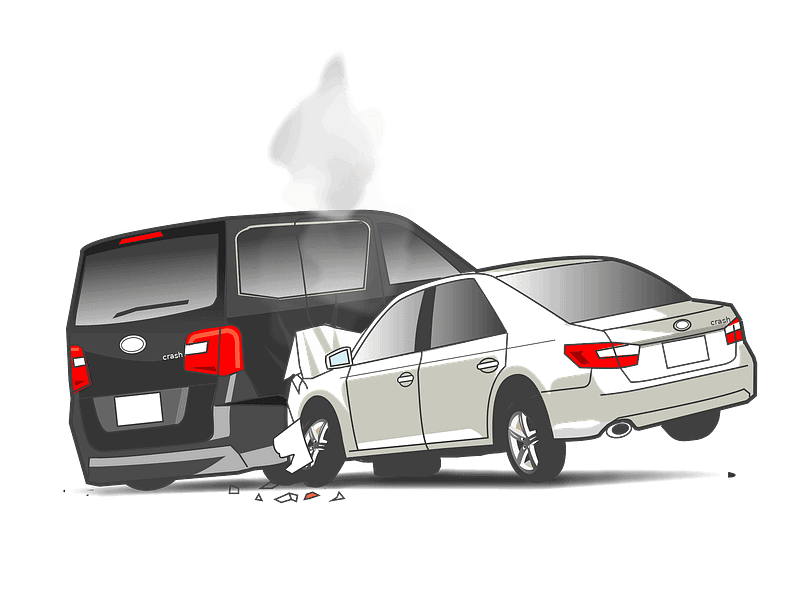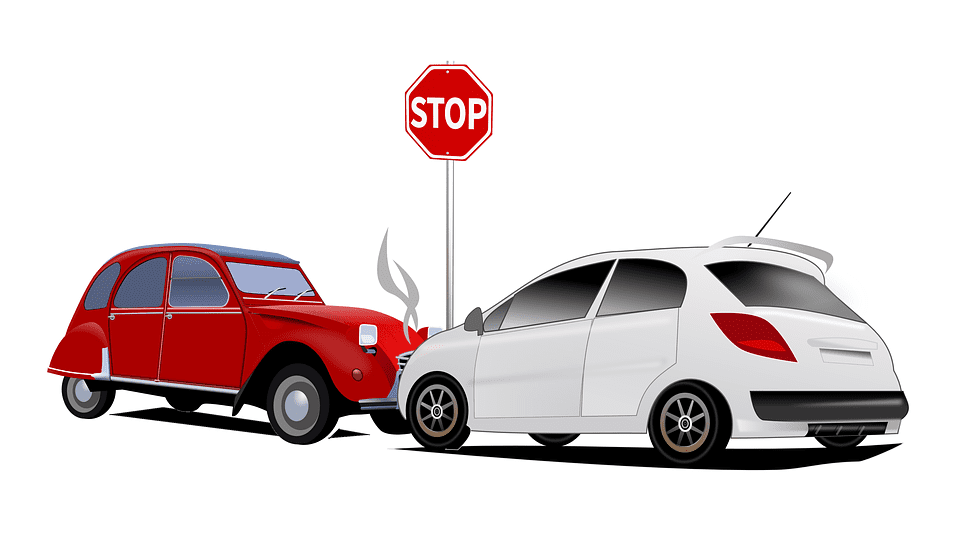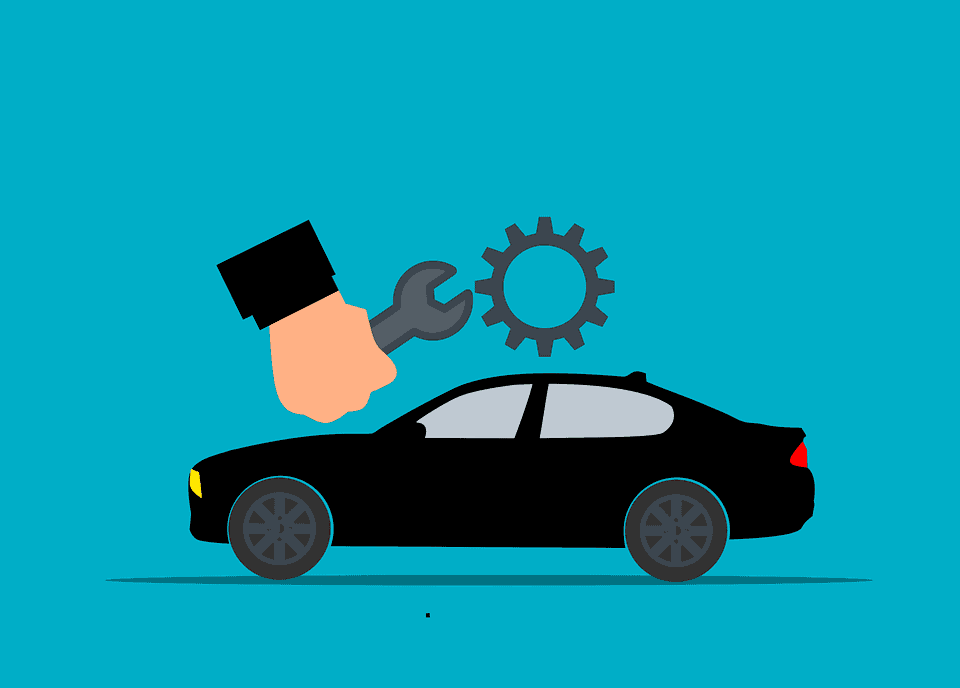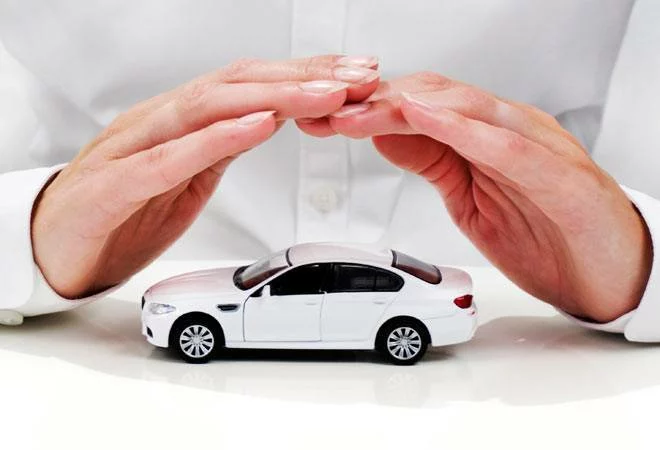Car insurance is a legal requirement, so knowing your coverage and how to get the best deal is essential. Here are some frequently asked questions about vehicle insurance.
What are the requirements for vehicle insurance?
To be insured, a vehicle must meet specific requirements the insurance company sets. The most common requirements are:
- The vehicle must be registered with the state in which it is insured
- The vehicle must have a valid insurance policy
- The law must drive the vehicle
- The driver of the vehicle must have a valid driver’s license
- The driver of the vehicle must have a clean driving record
Depending on the insurer, there may be other requirements, so checking with your company to see what they require is essential.
What factors affect my vehicle insurance rates?
Several different factors affect your vehicle insurance rates. Some of these include:
- The type of vehicle you drive: Insurance companies often charge higher rates for sports cars and luxury vehicles.
- Your driving record: If you have a history of accidents or traffic violations, you can expect to pay more for your insurance.
- Where you live: Rates can be higher in cities with more traffic and crime.
- Your age and gender: Young drivers and males are typically charged higher rates than older drivers and females.
- The coverage you need: The more you purchase, the higher your rates will be.

How can I make my vehicle insurance cheaper?
There are several ways to make your vehicle insurance cheaper. One way is to shop around and compare rates from different companies.
Another way is to ask for discounts, such as a safe driver discount or a discount for having multiple policies with the same company. You can also raise your deductible to lower your premium.
What are the different types of vehicle insurance?
There are several types of vehicle insurance:
Liability insurance: This type of insurance covers damage or injuries you may cause to others in an accident. It is required in most states.
Collision insurance: This type of insurance covers damage to your vehicle if you are involved in an accident. It is not required in all states, but it is recommended.
Comprehensive insurance: This type of insurance covers damage to your vehicle from events other than accidents, such as theft, vandalism, or weather damage. It is not required in all states, but it is recommended.
Medical payments/Personal injury protection (PIP): This type of insurance covers medical expenses and sometimes lost wages for you and your passengers if you are involved in an accident, regardless of who is at fault. It is not required in all states, but it is recommended.

What if I can’t afford vehicle insurance?
If you can’t afford vehicle insurance, a few options are available. You may be able to qualify for a government-sponsored program such as Medicaid or the Children’s Health Insurance Program (CHIP).
If you’re a low-income earner, you may also be eligible for subsidies through the Affordable Care Act (ACA).
Another option is to look into high-risk car insurance. This type of insurance is typically more expensive than standard coverage, but it may be an option if you have a poor driving record or other factors that make you a high-risk driver.
What are the benefits of having vehicle insurance?
There are many benefits to having vehicle insurance. Some of the most common benefits include:
- Protection from financial loss in the event of an accident or theft
- Peace of mind knowing you and your vehicle are covered in the event of an emergency
- Potential discounts on your auto insurance premium if you have a clean driving record
Vehicle insurance is an essential factor to consider when owning a car. It can provide peace of mind in an accident or theft and may even help you save money on your premium.

FAQ About Vehicle Insurance
How can I save money on my vehicle insurance premium?
There are a few things you can do to help lower your vehicle insurance premium:
- Take advantage of discounts. Many different types of discounts are available, and each company has its own unique set of discounts.
- Increase your deductible. By increasing the amount you would have to pay out-of-pocket in the event of an accident, you may be able to lower your premium.
- Shop around. Insurance rates can vary significantly from company to company, so comparing rates is crucial before buying a policy.
What are common mistakes people make when buying vehicle insurance?
- Failing to shop around for the best rates: Insurance rates can vary significantly from one company to the next, so comparing quotes is essential before buying a policy.
- Buying only the minimum amount of coverage required: While state law may require you to purchase a certain amount of liability insurance, this is usually not enough to protect you financially if you cause an accident. It’s important to consider all your options and choose a policy that provides adequate coverage.
- Not understanding your policy: It’s essential to read it carefully and ensure you understand what it covers and doesn’t cover. If you have any questions, ask your agent or insurer for clarification.
- Failing to update your policy: If you make any changes to your vehicle, such as adding aftermarket parts or modifying its appearance, you need to notify your insurer so they can update your policy accordingly.
- Forgetting about discounts: Many insurers offer discounts for things like having multiple vehicles on the same policy, maintaining a clean driving record, or insuring a new or relatively new car. Be sure to ask about any available discounts when shopping for a policy.

FAQ About Vehicle Insurance
Do I need to insure my car if I only drive it occasionally?
Yes, it would help if you had car insurance to drive your car on public roads.
How do I know if I need comprehensive or collision coverage?
Comprehensive and collision coverage are optional types of auto insurance that cover damage to your vehicle. Both coverages can be purchased as an add-on to your auto insurance policy.
Collision coverage covers damage caused by collisions with other vehicles or objects. Comprehensive coverage covers damages or losses resulting from incidents other than collisions, such as theft, fire or flooding.
How does my vehicle insurance policy cover me if I’m in an accident?
If you have a standard vehicle insurance policy, you will be covered if you are in an accident. Your policy will cover damages to your car and any injuries you or your passengers may suffer.
How does my credit score affect my vehicle insurance rates?
Your credit score affects your vehicle insurance rates because insurers believe those with lower scores are more likely to file claims.

FAQ About Vehicle Insurance
Conclusion
In conclusion, it’s essential to know vehicle insurance requirements and the different coverage types available.
There are many ways to save money on your premium, such as taking advantage of discounts, increasing your deductible, and shopping for the best rates. It’s also important to understand your policy and ensure you get the right coverage for your needs.

0 Comments